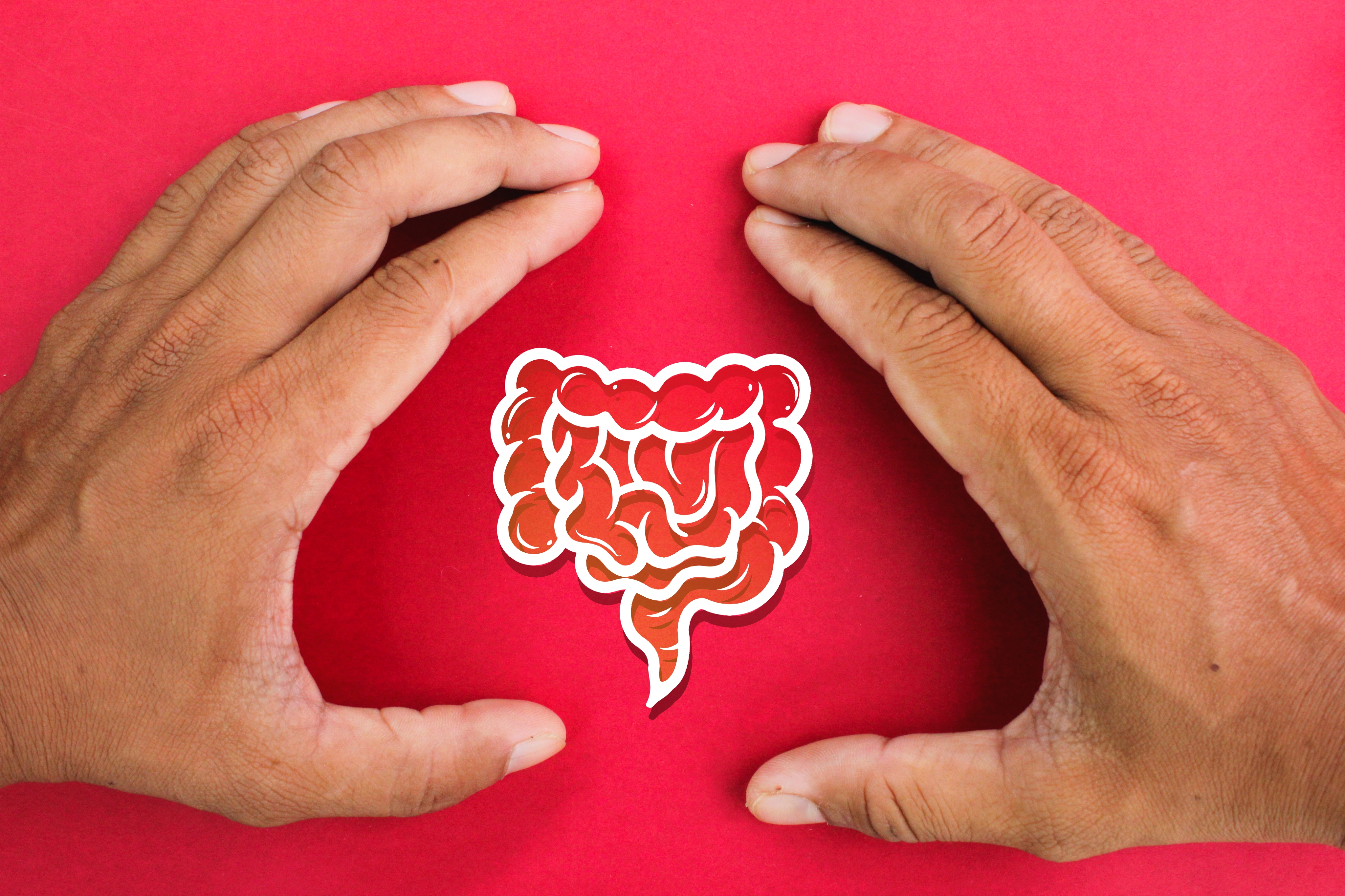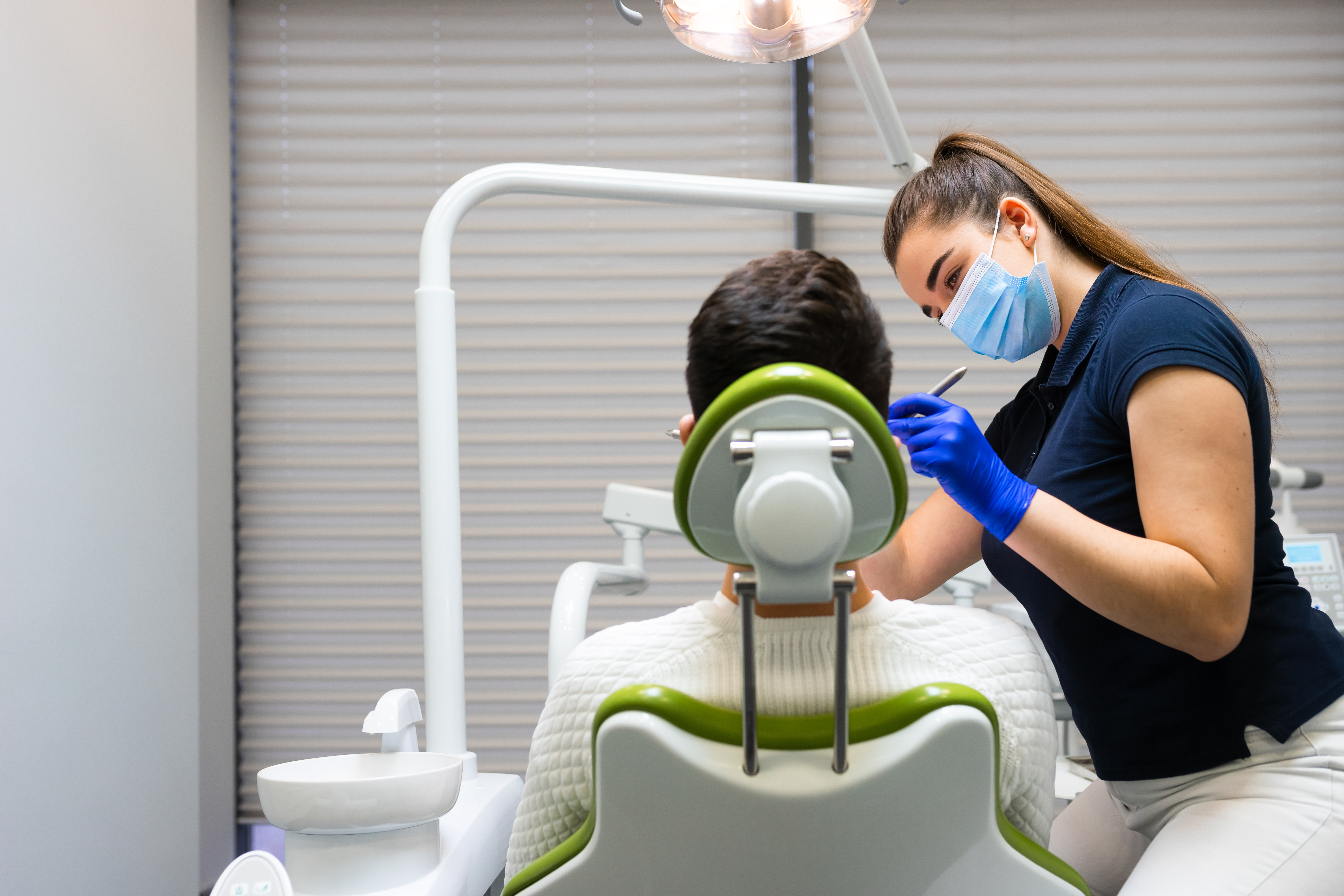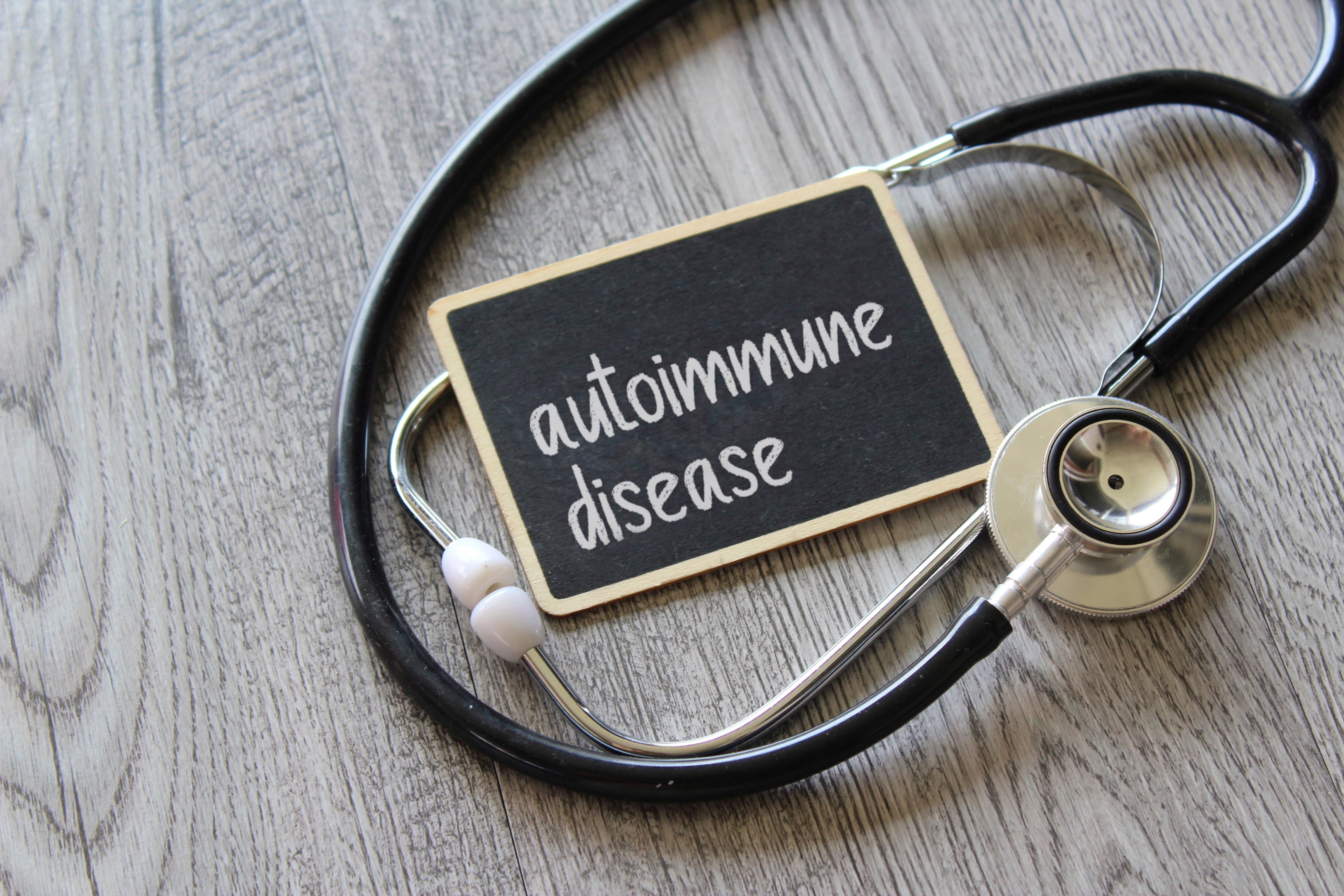12 Fascinating Ways Your Oral Microbiome Reflects the State of Your Overall Health
The human mouth is a bustling ecosystem teeming with microorganisms, collectively known as the oral microbiome. This complex community of bacteria, fungi, and viruses plays a crucial role in maintaining oral health, but its influence extends far beyond the confines of your mouth. Recent research has illuminated the intricate connections between the oral microbiome and overall health, revealing that the state of this microbial community can reflect and even influence systemic conditions. As we delve into the fascinating ways your oral microbiome mirrors your health, we uncover a narrative that links oral hygiene with broader physiological well-being, offering insights into preventative healthcare and holistic wellness.
Oral Microbiome and Cardiovascular Health

The relationship between the oral microbiome and cardiovascular health is a compelling area of study. Pathogens such as *Porphyromonas gingivalis* and *Streptococcus mutans*, commonly found in cases of periodontal disease, have been linked to atherosclerosis and heart disease. These bacteria can enter the bloodstream through inflamed gums, contributing to the formation of arterial plaques. This systemic inflammation is a risk factor for heart attacks and strokes. Understanding this connection emphasizes the importance of oral hygiene not just for preventing cavities but as a vital component of cardiovascular health maintenance.
The Gut-Oral Axis: A Two-Way Street

The gut and oral microbiomes are interconnected through a bidirectional relationship known as the gut-oral axis. Changes in the gut microbiota can influence the composition of the oral microbiome and vice versa. For instance, dysbiosis in the gut can lead to an overgrowth of harmful bacteria in the mouth, exacerbating conditions like gingivitis and periodontitis. Conversely, oral infections can trigger inflammatory responses in the gut, highlighting the importance of maintaining a balanced microbial community in both regions to support digestive health and prevent systemic diseases.
Diabetes and Oral Health: A Vicious Cycle

Diabetes and oral health share a bidirectional relationship, where each condition can exacerbate the other. High blood sugar levels in diabetics can lead to increased glucose in saliva, providing a rich environment for pathogenic bacteria to thrive, thus worsening periodontal disease. Conversely, severe gum disease can impair the body's ability to control blood sugar levels, complicating diabetes management. This cyclical relationship underscores the necessity for diabetics to prioritize oral health as part of their disease management plan, potentially improving glycemic control and reducing complications.
Oral Health as a Window to Respiratory Conditions

The oral microbiome can influence respiratory health, with several studies indicating that oral bacteria can be aspirated into the lungs, leading to infections such as pneumonia and exacerbating chronic obstructive pulmonary disease (COPD). In particular, the presence of oral pathogens like *Fusobacterium nucleatum* and *Prevotella* species in the lungs has been associated with respiratory tract inflammation. This connection highlights the importance of oral hygiene in preventing respiratory infections, especially in vulnerable populations such as the elderly and those with compromised immune systems.
The Impact of Oral Microbiome on Mental Health

Emerging research suggests a link between the oral microbiome and mental health, particularly in relation to anxiety and depression. The oral cavity can act as a reservoir for inflammatory mediators that affect brain function. Chronic oral infections can lead to systemic inflammation, which has been implicated in the pathophysiology of mood disorders. Maintaining a healthy oral microbiome may thus play a role in mental well-being, offering a novel perspective on the prevention and management of psychiatric conditions.
Pregnancy Outcomes and Oral Health

Pregnancy is a period of significant hormonal changes that can affect the oral microbiome, increasing the risk of gingivitis and periodontitis. These conditions have been linked to adverse pregnancy outcomes, including preterm birth and low birth weight. The inflammatory mediators produced by periodontal pathogens can enter the bloodstream and potentially impact fetal development. Consequently, pregnant women are encouraged to maintain rigorous oral hygiene practices and seek regular dental care to support a healthy pregnancy.
Immune System Interactions with Oral Microbiome

The oral microbiome plays a vital role in modulating the immune system. A balanced oral microbial community helps maintain immune homeostasis, whereas dysbiosis can trigger inappropriate immune responses. For example, the overgrowth of pathogenic bacteria in the mouth can lead to chronic inflammation, weakening the immune system's ability to fight infections elsewhere in the body. Understanding these interactions highlights the importance of a healthy oral microbiome in supporting overall immune function and resilience against diseases.
Oral Microbiome and Cancer Risk

Research has begun to explore the potential link between the oral microbiome and cancer risk, particularly oral and gastrointestinal cancers. Certain oral bacteria, such as *Fusobacterium nucleatum*, have been associated with the progression of colorectal cancer. These bacteria can promote inflammation and create a microenvironment conducive to tumor growth. While more research is needed, these findings suggest that maintaining a healthy oral microbiome may play a role in cancer prevention strategies, offering new avenues for early detection and intervention.
The Role of Oral Microbiome in Autoimmune Disorders

Autoimmune disorders, such as rheumatoid arthritis and lupus, have been linked to imbalances in the oral microbiome. Chronic oral infections can act as a trigger for autoimmune responses, where the body's immune system mistakenly attacks its own tissues. The presence of specific oral pathogens has been associated with increased disease activity and severity in autoimmune conditions. This connection underscores the potential of oral health interventions as part of a comprehensive approach to managing autoimmune diseases.
Influence of Oral Microbiome on Weight and Metabolism

The oral microbiome may also influence metabolic processes and weight management. Some studies suggest that oral bacteria can affect taste perception and appetite regulation, potentially impacting dietary choices and caloric intake. Additionally, oral dysbiosis has been linked to metabolic syndrome, a cluster of conditions that increase the risk of heart disease, stroke, and diabetes. By maintaining a balanced oral microbiome, individuals may support healthier metabolic function and weight management, contributing to overall well-being.
Oral Microbiome and Skin Health

The connection between the oral microbiome and skin health is an emerging area of interest. Oral bacteria can influence skin conditions such as acne, eczema, and psoriasis through systemic inflammation and immune modulation. For example, periodontitis has been associated with increased severity of psoriasis, suggesting that oral health may impact skin disease activity. This relationship highlights the potential for oral hygiene practices to support dermatological health and improve skin condition management.
Personalized Medicine and the Oral Microbiome

As our understanding of the oral microbiome deepens, its potential role in personalized medicine becomes increasingly apparent. By analyzing an individual's oral microbiome, healthcare providers can gain insights into their risk factors for various diseases and tailor preventative and therapeutic strategies accordingly. This personalized approach to medicine emphasizes the importance of oral health as a diagnostic tool and a cornerstone of holistic health management, paving the way for more targeted and effective healthcare interventions.
Embracing the Oral Microbiome for Holistic Health

The intricate connections between the oral microbiome and overall health underscore the importance of viewing oral hygiene as a critical component of holistic well-being. From cardiovascular health to mental wellness, the state of our oral microbiome reflects and influences numerous aspects of our physiology. By prioritizing oral health, we not only protect our teeth and gums but also support systemic health, paving the way for a more integrated and preventative approach to healthcare. As research continues to unravel the mysteries of the oral microbiome, it holds the promise of revolutionizing our understanding of health and disease in the years to come.
